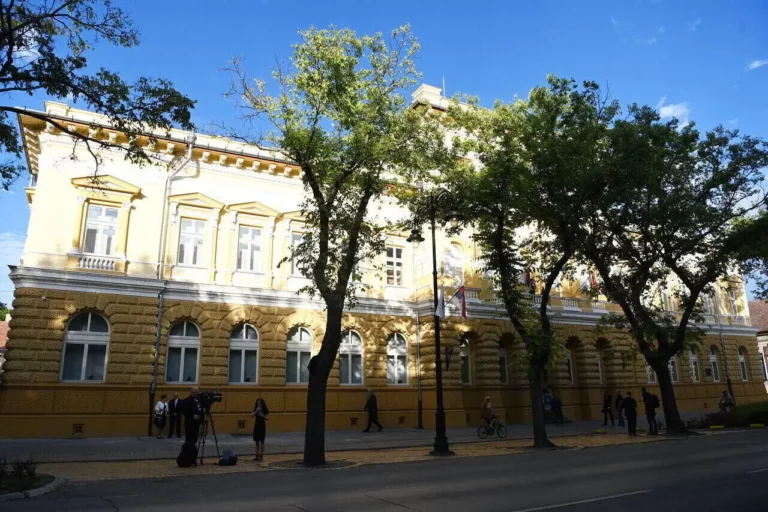Serbia
Hungary, Austria, Serbia leaders to meet in Belgrade to talk about illegal migration

Hungarian President in France: Hungary fights to restore peace in Ukraine

Body found at Horgos shows increasing violence in border region

Serbia calls for Hungarian help

Court issues extradition warrant for Serbian man suspected of killings 23 yrs ago

Orbán cabinet: Illegal entry attempts exceed 200,000 this year
The Hungarian authorities have apprehended 201,486 illegal migrants at the country's border since the start of the year, the prime...
Hungarian national team coach Rossi assessed the EURO 2024 qualification draw

Serbian president shared an unbelievable story about PM Orbán and the war

Hungary ready to increase contribution to protection of Serbian-North Macedonian border

Orbán: This is the beginning of cannibalism in the EU

Hungary, Austria, Serbia leaders to discuss illegal migration in Budapest
A summit meeting of Hungary, Austria, and Serbia will be held in Budapest next Monday focusing on joint efforts to...
Air Serbia made emergency landing in Budapest!

Government: slowing Serbia’s EU integration fatal mistake

True friends: Orbán received the Order of Merit of the Republic of Serbia

Serbian president to grant state award to Orbán
Prime Minister Viktor Orbán will pay a one-day working visit to Serbia at the invitation of President Aleksandar Vucic on...
Almost everyone in the region receives huge US aid, Hungary does not

Hungarian language teacher training faculty building inaugurated in Serbia

Hungarian president in Serbia: war in Ukraine not likely to end soon





 ZH
ZH IT
IT DE
DE HR
HR NL
NL FR
FR JA
JA RO
RO RU
RU ES
ES TR
TR
